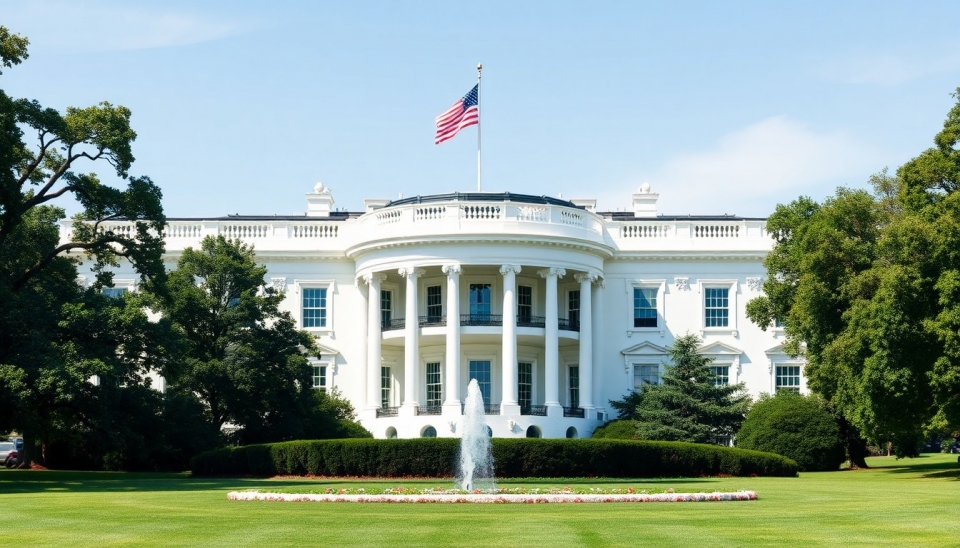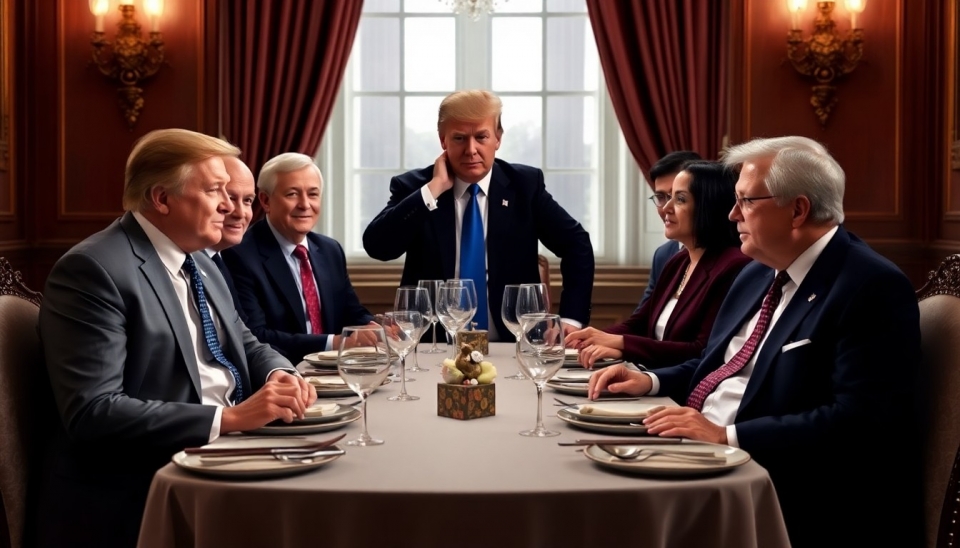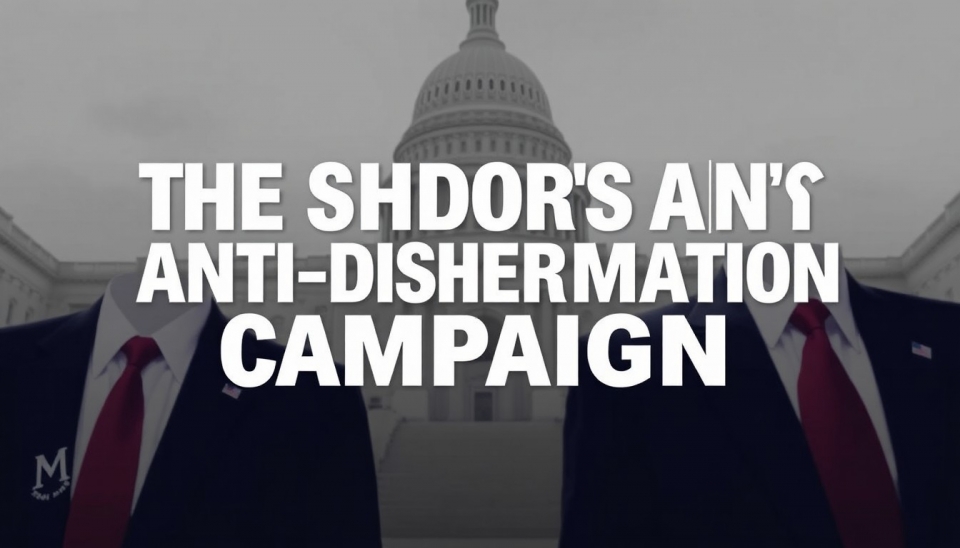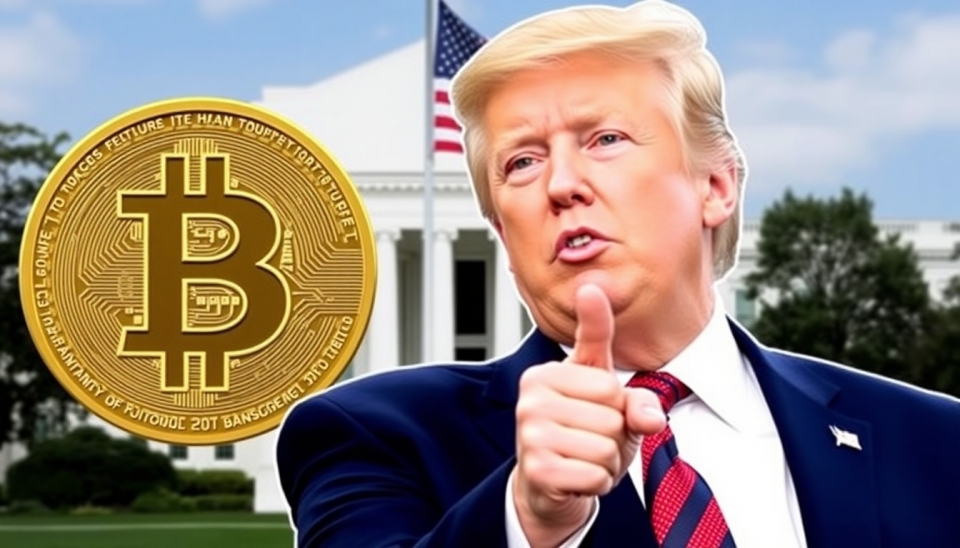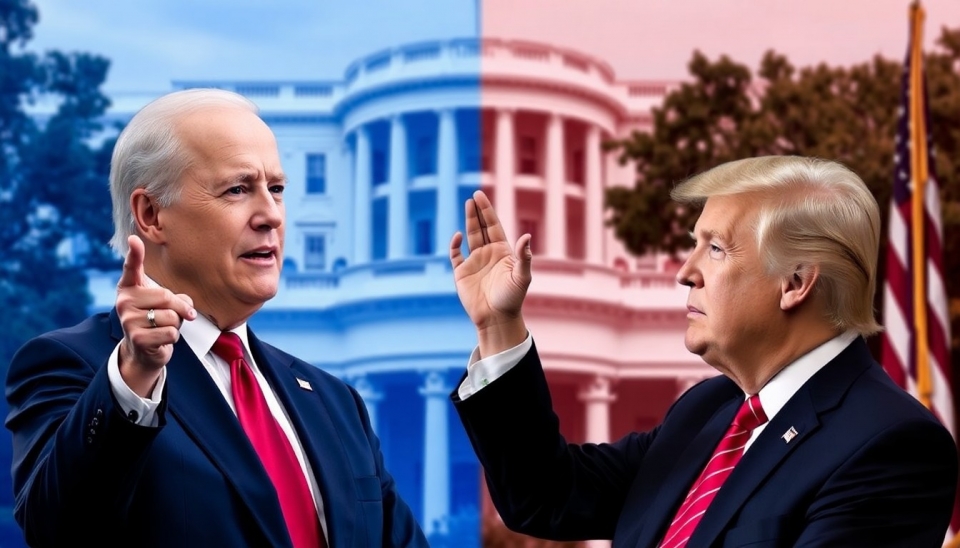
In a significant move poised to reshape the landscape of artificial intelligence regulation in the United States, former President Donald Trump has effectively nullified President Joe Biden's comprehensive executive order aimed at establishing stringent guidelines for AI technology. This abrupt decision marks a pivotal moment in the ongoing debate over how to manage the rapid expansion of AI, with Trump signaling a return to more lenient regulatory policies.
Upon his recent inauguration, Trump wasted no time in addressing the regulatory framework left by his predecessor. The Biden administration's approach, which had sought to prioritize safety and ethical considerations in AI deployment, has been put on the back burner as Trump advocates for the promotion of innovation and economic growth within the tech industry. His administration argues that the prior regulations could stifle technological advancement and competitiveness on the global stage.
During his first press briefing post-inauguration, Trump stated, “We need to unleash the full potential of our technology sector without being bogged down by overreaching government regulations. Artificial intelligence is the future, and we cannot afford to fall behind.” This message resonates with many in the tech industry who have criticized the Biden-era policies as overly restrictive and burdensome.
In the now-canceled executive order, Biden had outlined measures that called for AI systems to undergo rigorous testing and transparency checks to ensure they were safe for public use. The plan included provisions aimed at addressing ethical concerns, bias, and the societal impacts of AI technology. Critics of the plan argued that while safety is crucial, excessive regulation could impede the industry’s growth and America’s leadership in AI innovation.
As part of his regulatory reset, Trump has tasked a team of advisors with formulating new frameworks for AI that emphasize minimal intervention from federal authorities, encouraging a more hands-off approach. Proponents of Trump's stance believe this could foster a more dynamic environment for tech startups, leading to breakthroughs and job creation. Conversely, opponents express concerns that this deregulation could expose the public to risks associated with untested AI applications.
The debate is expected to intensify in the coming weeks and months as various stakeholders, including policymakers, technology firms, and ethicists, weigh in on the implications of this regulatory shift. Many in the tech community are anxiously evaluating how the dismantling of AI regulations might influence investment and development within the sector.
As the conversation around AI becomes increasingly complex and nuanced, Trump's administration will need to navigate the delicate balance between promoting innovation and ensuring that ethical standards are upheld. The unfolding developments will undoubtedly play a crucial role in shaping the future trajectory of AI in the United States and beyond.
This regulatory overhaul highlights the volatility of tech policy, underscoring how political changes can substantially impact the direction of innovation and regulation in one of the most transformative fields of the modern era.
As analysts continue to dissect the potential implications of this decision, it remains to be seen how this regulatory reset will affect public trust in AI technologies and the industry’s compliance with ethical norms.
#Trump #Biden #AIRegulation #ArtificialIntelligence #TechPolicy #Innovation #Deregulation #USPolitics
Author: Liam Carter
